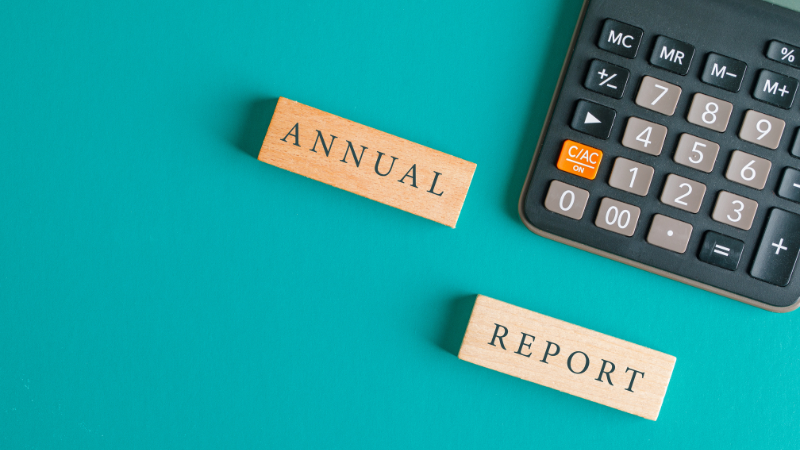Charities compensation scheme
In a bid to reduce the burden on charities, the Charities VAT Compensation Scheme has been introduced to partly reimburse the VAT paid by charities in their daily operations. Usually, the last date for charities to apply for this compensation is 30th June every year. However, this year that date has been pushed to 31st August 2020 owing to the imbalance caused by the COVID-19 crisis. Charities are being prompted to file their reimbursement appeals, with regard to applicable VAT paid during 2019, before 31st August 2020 as requests later than this are likely to be rejected. Before appealing for compensation, it is integral for charities to get acquainted with the qualifying criteria.
- This scheme applies only to VAT paid for expenditure from 1st January 2018. Any VAT paid earlier, does not come under this rule.
- Charities can file only one request per year linked to VAT paid in the earlier year and this request can be filed only during 1 January to 30 June every year.
- The appeals under this rule, are not taken on first arrival grounds as the total pool for this is limited to £5 million yearly and the rule will be assessed after 3 years.
- Charities are allowed to appeal for a reimbursement of part of their applicable VAT expenses which will be calculated on their extent of private sponsorship. The actual sum of appeals annually may overshoot the limit and in that event, reimbursements to charities will be done proportionately.
- Charities must, presently and during the period of applicable expenses, be listed with Revenue, possess a charitable tax exemption and be listed with the Charities Regulatory authority.
- When Charities file for a VAT Compensation appeal, they are required to give details of the tax registration number allotted by Revenue and their bank account. They should also show the Registered Charity Number issued by the CRA and a statement in writing from the Chief Executive Officer or Chief Financial Officer of the charity, testifying to the soundness of the request.
- Charities should check that they have a recent tax clearance certificate prior to filing for the appeal as their tax clearance position is likely to be examined. The appeal and other authenticating evidence should be filed in a particular structure and within the period set out by Revenue as appeals submitted after this will not be taken up.
Revenue can ask for these documents to corroborate the appeal:
- A comprehensive split up of the total revenue, applicable revenue and tax.
- VAT details such as bills and receipts which are the foundation for the appeal.
- Records specifying the VAT expenses with date and evidence that the materials and resources were used only for humanitarian causes.
- Other details which specify that the receipt of revenue and expenses done, relate to the particular year of appeal.
- They should also show the latest group of certified accounts for the financial year of the firm and the ending period of the financial year must be same as the year of appeal or related to it.
- In addition, all important details, information and data relating to the appeal should be kept for six years.
Stuck with your iXBRL filing? DataTracks can help! Get in touch today on enquiry@datatracks.ie



